How to make your own gin
Distill your own gin this year for the perfect gin and tonic
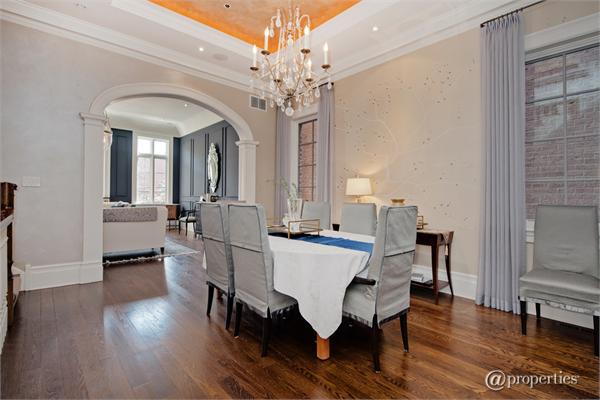

Up and down the country, in outbuildings and next to Agas, vessels are steaming away in a manner that would have looked familiar to Hogarth. Lots of us, it seems, are discovering the delights of making our own gin. These new domestic distilleries aren't so much micro as macro, allowing their founders to identify the exact combination of flavours that tickles their taste buds and create a small-scale ‘house blend'. The perfect gin and tonic is finally, and definitively, within reach-never again will you need to settle for drinking second best.
Although, by and large, we're as enthusiastic about gin as we were in the 18th century, regulations are a little stricter nowadays than in the louche time of Gin Lane. The main stumbling block facing would-be distillers is securing a licence. ‘HMRC isn't quite used to granting these smaller licences at the moment, but this process is becoming easier as more people apply,' explains Tom Warner, who, along with fellow Harper Adams graduate Sion Edwards, launched the award-winning Warner Edwards gin from a 200-year-old Northamptonshire barn a year ago.
If you're keen to follow in their footsteps and turn professional, you'll need to take the plunge and set up your own fully fledged distillery. But be aware that, although exceptions are increasingly being made for micro-distilleries, HMRC may refuse you a licence if you plan to use a still with a capacity of less than 1,800 litres (395 gallons)-if the amount of gin you're proposing to make is very small, it could technically be viewed as moonshine.
On the other hand, if you're happy to use an existing alcohol base, things are much more straightforward. HMRC also grants licences for rectifying and compounding-the former is someone who re-distils spirits, and the latter mixes spirits with anything other than water to alter their character. Check with the authorities to see which one you'll need.
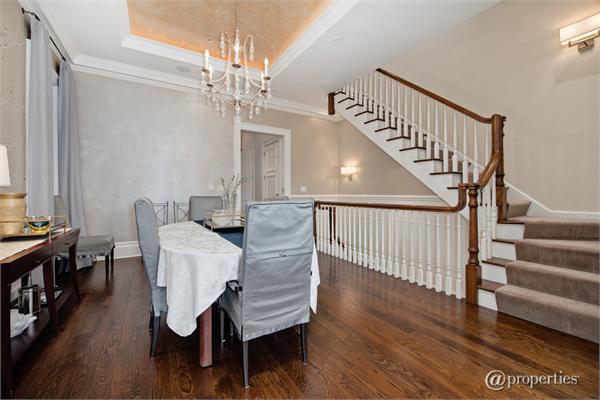
After you get the go-ahead, all that remains is to source your still. Surrey-based John Dore and Co (01483 549816; www.johndore.co.uk) has been making beautiful copper ones since 1835, but, if space is at a premium, a tabletop rotovap (0845 226 3024; www.molecularmixology.co.uk) will allow you to create delicate new distillates that can then be added to a neutral grain spirit or used to transform an existing gin.
The results can be extraordinarily good-Ian Hart of Sacred Gin has been making spirits at his house in north London since 2008 using an IKA rotovap combined with his own custom-built equipment. An inspiration to independent gin-makers the world over, he won two gold medals at last year's San Francisco World Spirits Competition.
Once your equipment is up and running, there are only two golden rules you need to worry about following: the ABV of your gin must be at least 37.5% and it must contain a discernable amount of juniper. This grows wild in Britain, but native berries aren't as large and fleshy as their Continental cousins, so you may need to order them in from abroad, as commercial distillers do. But, if you're only aiming to make sufficient gin to see you through the summer, you might be able to gather enough to tide you over-your best bets are chalk and limestone downland, the Lake District and the Pennines, as well as Scottish heaths and clifftops.
Sign up for the Country Life Newsletter
Exquisite houses, the beauty of Nature, and how to get the most from your life, straight to your inbox.
If you're aiming to produce a classic-tasting gin, coriander seed should be the second strongest flavour. Adding orris root or angelica is advisable to hold your botanicals together and balance them, but, after that, you can dabble away. As Mr Hart points out, there are in excess of 500,000 known plant species, so the combinations are virtually infinite, from grapefruit and gentian to lavender and lovage.
If you'd rather not go down the distillation route, there's absolutely nothing to stop you buying good-quality vodka and turning it into gin by infusing it with your own blend of botanicals. Both gin and vodka are usually made with neutral grain spirit, so the result will be very similar. To effect this transformation, decant your chosen botanicals into separate empty jars and cover them with gin or vodka. If the taste seems weak after 24 hours of macerating, add more until you're happy with the balance-Mr Hart leaves his botanicals to macerate for four to six weeks, but most distillers leave them for just a day or two.
When the botanicals have infused the alcohol to your satisfaction, strain each jar and begin mixing the spirits together to create your perfect gin. Taste the gin after each addition to check its development.
Easier still is using a ready-made blending kit, which creates the single-flavour distillates. Sacred's The Contemporary Collection gin-blending kit (£87.50) offers the choice of six classic flavours and comes with full instructions, so there's no need for any specialist equipment or prior knowledge. The Artisan Gin Maker's Kit (£59.99, available from www.firebox.com) also makes a wonderful present for aficionados.
The most hassle-free gin-making option of all is having a professional tackle the science part for you. The Cambridge Distillery (01223 269209; www.cambridgedistillery.co.uk), based in a Victorian cottage on the picturesque outskirts of the city, offers a gin-tailoring service-its master distiller will create a bespoke gin according to your preferences. He'll also encourage you to experiment with different recipes and, for the ultimate personalisation, can even macerate botanicals that you've grown yourself. The company will keep your recipe on record, so that if it turns out to be a triumph, you can reorder to your heart's content.
Top small-batch gins
Hand-picked Shetland botanicals make Blackwoods' very reasonably priced Vintage Dry Gin 2012 memorable. The company also distils an extremely peppy 60% ABV version, which is well worth trying. (£22, www.blackwoodsgin.co.uk)
Williams Chase Elegant Crisp Gin, produced by the man responsible for Tyrrells crisps, is made from the fermented apples on his Herefordshire farm and infused with elderflower and hops. (£38, www. chasedistillery.co.uk)
Harrington Dry is a fabulously spicy winter warmer. It draws on spring water and botanicals from the surrounding fields, but the result is extremely exotic-tasting. (£33, www.warneredwards.com)
London-made Sacred Gin is fresh and intriguing, making it a bartenders' favourite for martinis. Unusually, it contains distilled frankincense from Oman, which gives it an irresistible aroma. Males a great present for connoisseurs. (£30, www.sacredspiritscompany.com)
Refreshing and classic, Brecon Botanicals Gin is made with saffron, bergamot and cloves that give it a long, warm finish. (£26.50, www.penderynstore.com)
* Subscribe to Country Life and save
* Follow Country Life magazine on Twitter
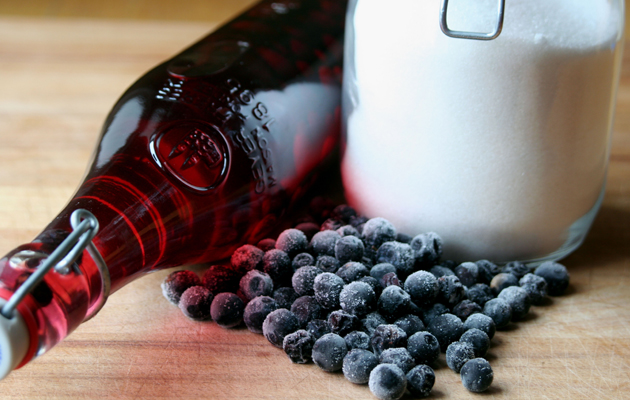
The best sloe gins to buy
If you haven't had time to make your own, a great sloe gin is worth hunting for. We round up
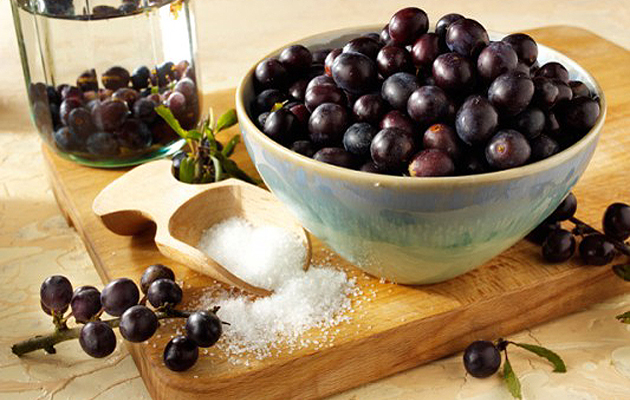
How to make perfect sloe gin
Follow our perfect sloe gin recipe to make the best sloe gin in preparation for your local opening meet.
-
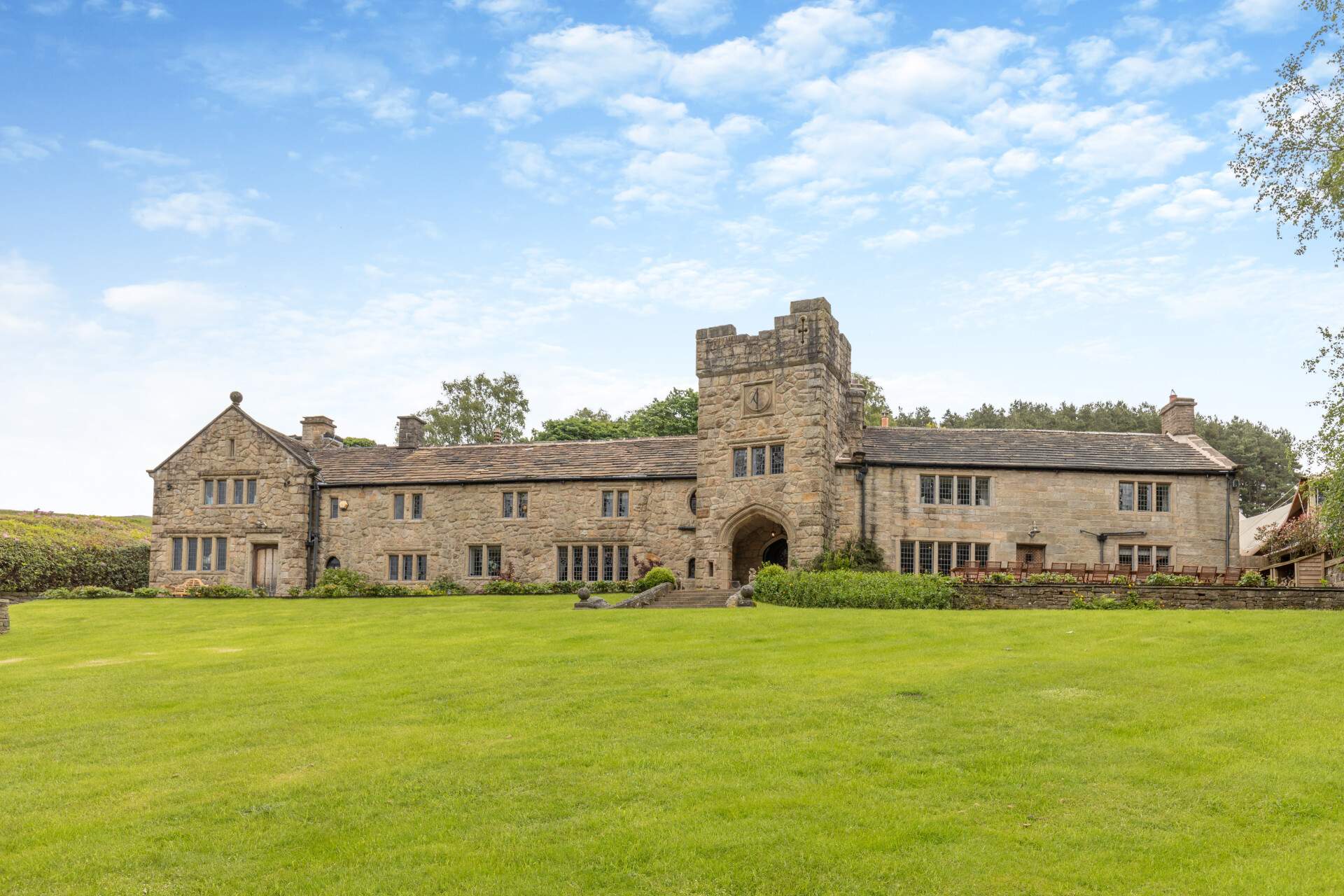 Some of the finest landscapes in the North of England with a 12-bedroom home attached
Some of the finest landscapes in the North of England with a 12-bedroom home attachedUpper House in Derbyshire shows why the Kinder landscape was worth fighting for.
By James Fisher
-
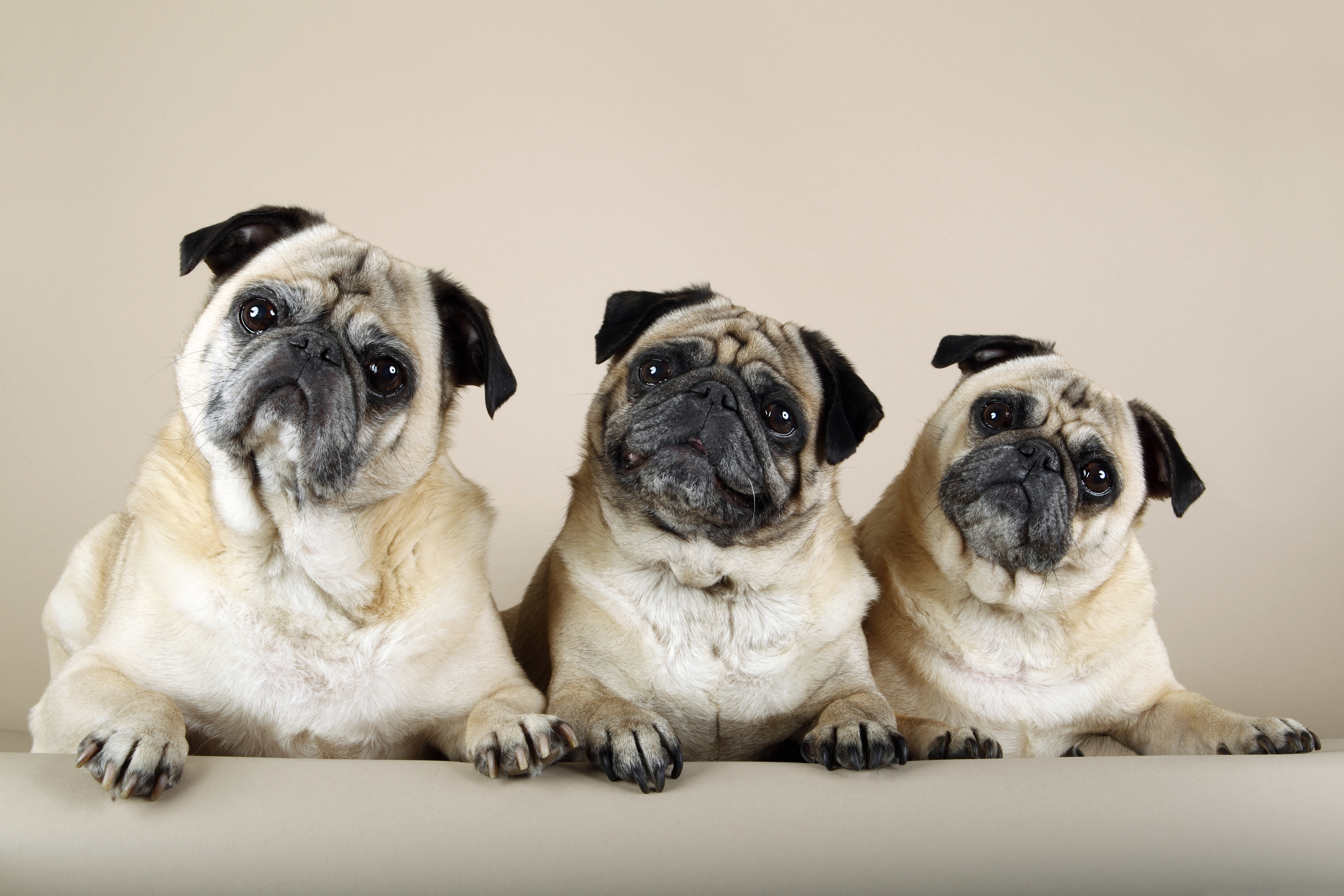 The Great Gatsby, pugs and the Mitford sisters: Country Life Quiz of the Day, April 16, 2025
The Great Gatsby, pugs and the Mitford sisters: Country Life Quiz of the Day, April 16, 2025Wednesday's quiz tests your knowledge on literature, National Parks and weird body parts.
By Rosie Paterson